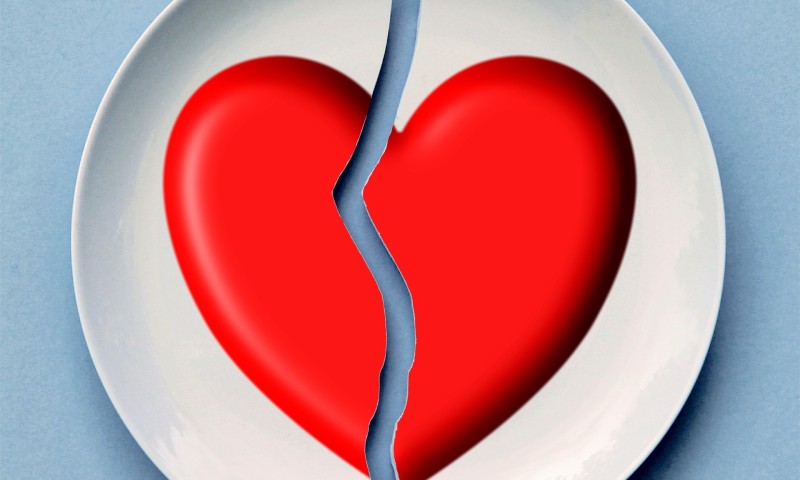Disclaimer: This blog post does not reflect the views of the Obesity Action Coalition (OAC), producer of the Your Weight Matters Campaign. The OAC does not endorse any merchandise, program or hyperlinks mentioned in this blog post.
“I feel so fat.”
“My thighs are disgusting.”
“I need to lose ___ pounds.”
Ever felt this way? You’re not alone. Negative body image has the power to not only alter our mood, but our eating as well.
When we engage in body bashing, we are activating negative emotions in the brain – and a common response to negative emotions is binge eating. Indeed, this can be ironic as the very thing you may feel negatively towards is your body.
Why Do We Emotionally Eat? How Does Body Image Play a Role?
The short answer: Because it works. At least temporarily.
Human beings are conditioned from infancy to respond to discomfort with food. Baby cries, caregiver feeds baby and baby feels better. Sometimes as adults, this gets cross-wired in our brain and we eat in response to any discomfort – physical or emotional.
When we eat because we are feeling bad about our bodies, we’re subconsciously reinforcing several messages:
- Food is a good distraction from my pain.
- Food tastes good and makes me feel better.
- I’m already ___, so I might as well keep eating.
The food becomes the soother and a distraction from the pain of body bashing. Then it becomes a self-fulfilling prophecy when your emotional eating leads to weight gain or prevents you from losing weight. You may tell yourself, “See? I AM this way!”
I would like to add here that you are worth SO much more than a number on the scale. Regardless of what you do or don’t eat, you are still the same wonderful person. This is a good segue to the topic of self-compassion.
Breaking Out of the Cycle with Self-compassion
Most of us are taught that we must hold ourselves to outrageously high standards, and that this can only be done through self-deprivation and deprecation. “More pain, more gain” is what society teaches us. Rather than being compassionate with ourselves, we are hard on ourselves. And we believe that this will help us achieve our goals.
The problem is, it doesn’t always work. Especially when it comes to eating and weight issues. The self-criticism fuels the cycle of overeating and negative body image.
When we are operating from a place of kindness, we will treat ourselves well. So rather than stuffing our feelings with food, or punishing ourselves with dieting (which results in overeating), we give our body the nourishment it needs.
The key difference is that we are coming from a place of love and compassion rather than hate and punishment.
In her book, Self-Compassion, Kristin Neff, PhD, describes 3 keys to being compassionate with ourselves. This model is how you can break out of the cycle of negative body image and emotional eating:
- Self-kindness vs. Self-judgement. Practice treating yourself like you would a friend. Chances are, you’d never body bash a friend – so don’t do it to yourself.
- Common Humanity vs. Isolation. Everybody feels bad about their body sometimes. Thinking that you are alone in your struggle and that nobody can possibly understand is very isolating. Acknowledge first that your suffering is part of being human. We all have things we don’t like about ourselves.
- Mindfulness vs. Over-identification. Be aware of when you are bashing your body and when you are wanting to use food in an emotional way (whether it be controlling food or bingeing on it). Eating mindfully promotes good health.
The process of bashing your body, feeling terrible, and then stuffing your emotions with food is counterproductive. Why not try a different strategy and be kind to yourself instead?
 About the Author:
About the Author:
Katy Harvey, MS, RD, LD, CEDRD, is a registered dietitian, author, blogger and ultimately a teacher at heart. She is an expert in bariatric surgery, eating disorders and the psychology of eating. To receive a free copy of “10 Ways to Get Moving and Feel Great,” please CLICK HERE. To learn more about Katy, please visit www.katyharvey.typepad.com.






